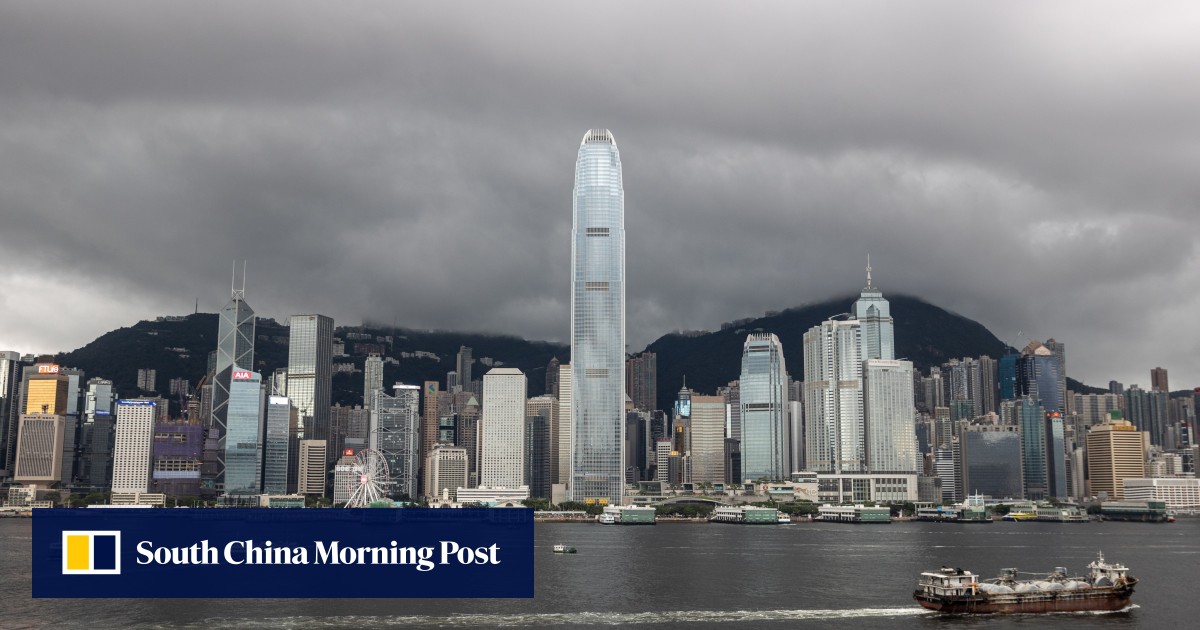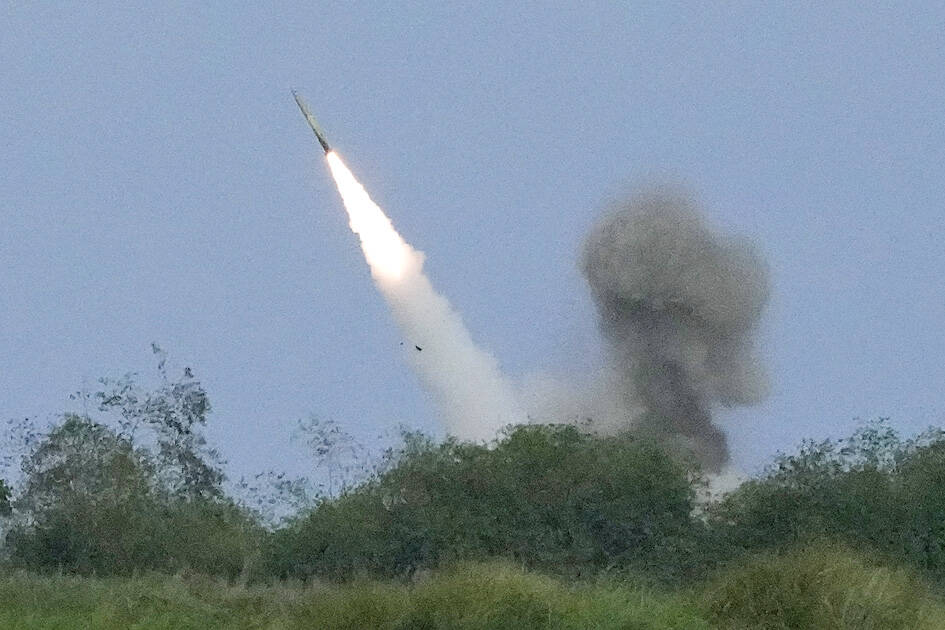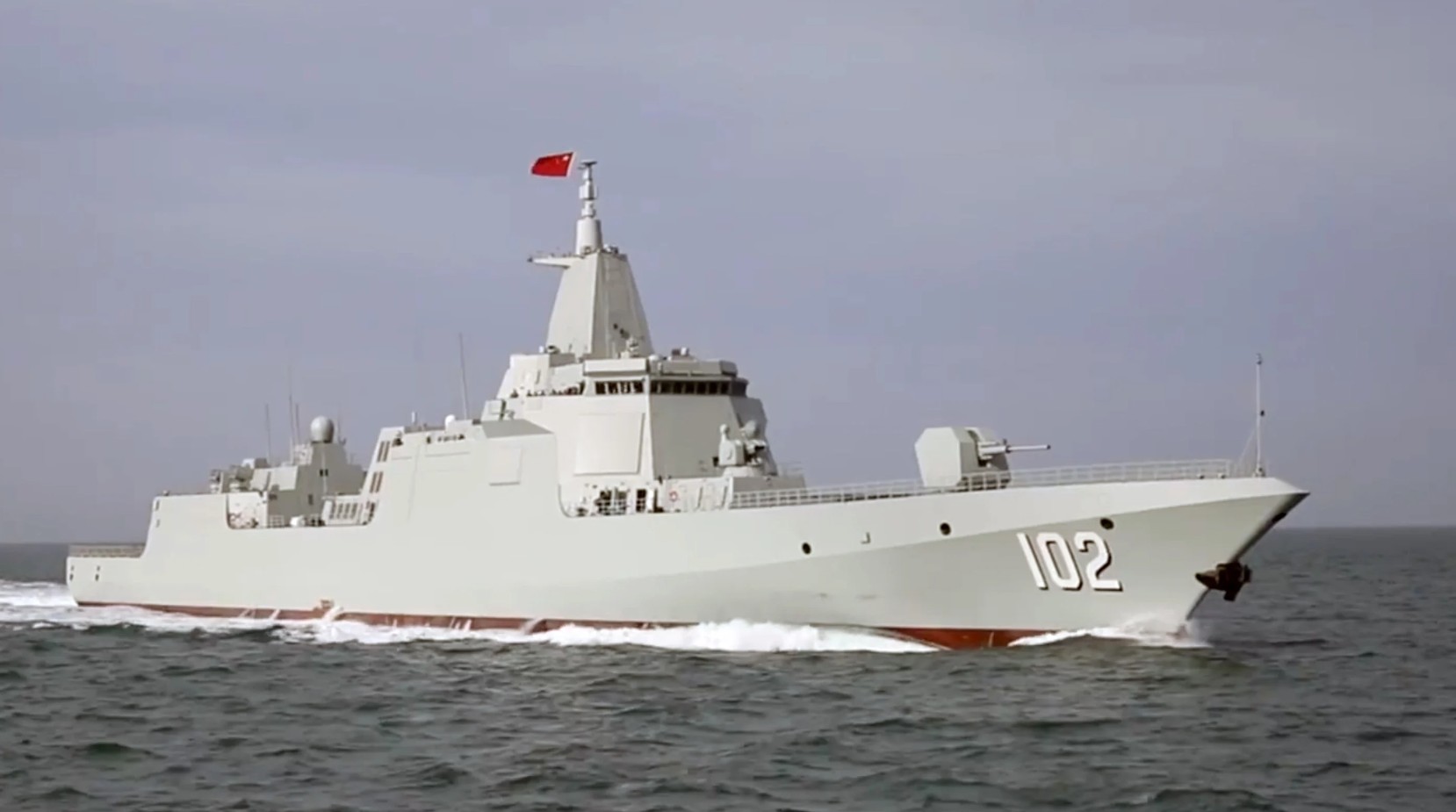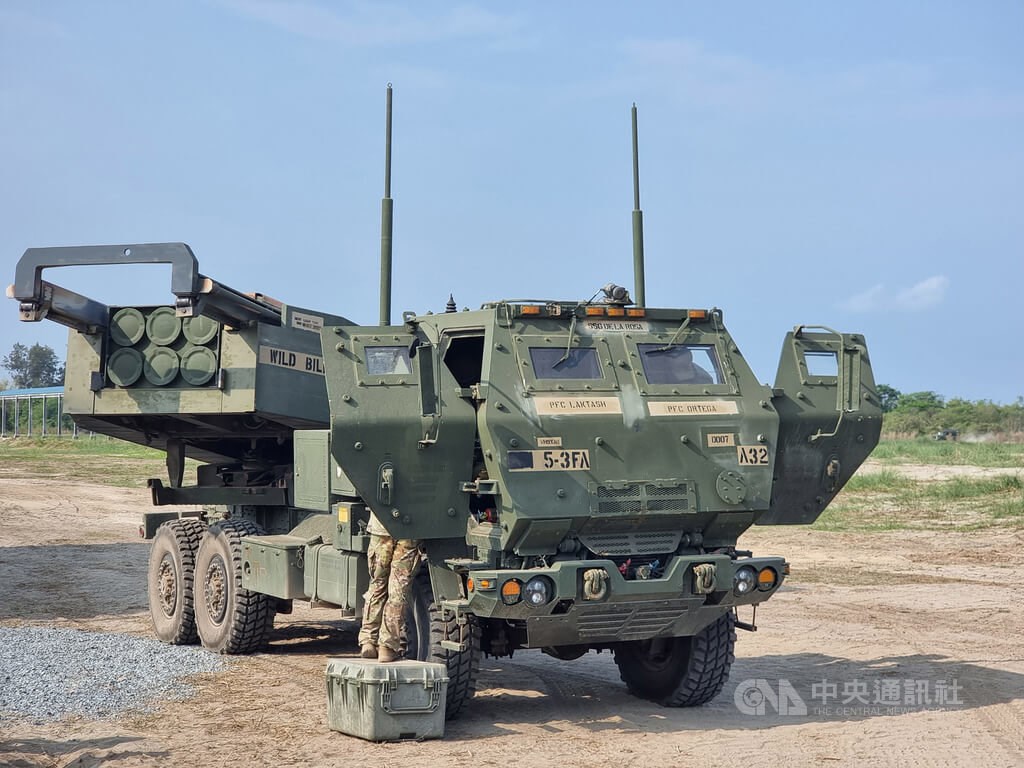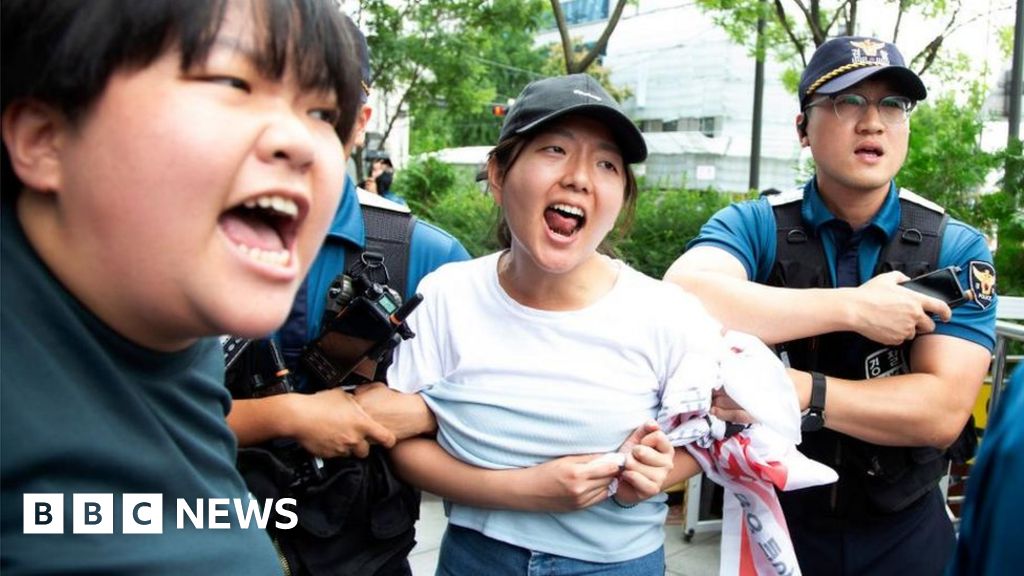There are always groups that lean heavily one direction, hence why personal anecdotes are a terrible indication of electoral results.
Yes, bias on sources from one sides is not good assessment. However yours on saying KMT election results is overated/exaggerated also based mostly on some pools. Election results is better then any pools, thus can't be said poling results is better to shown how Taiwanese fells then local elections results.
My feeling is that the military drills are more designed for domestic (Chinese) consumption and that Xi is sceptical that the KMT can win the presidency anytime soon
Off course it is also for Chinese domestic consumption, but also I believe more to US consumption. CCP care as much on what massage they are going to put to Washington as with Taipei.
Xi also knows Republicans and Democrats (even though both talks tough to Beijing on Taiwan issue), in reality has different approach on making deals. We see on how Trump and Biden approach different in reality on Taiwan issue. Just same as KMT and DPP.
Domestic politics is matter on both Washington and Taipei. Xi's hope as sides on Chinese domestic, also try to create divisions on Taipei domestic. Like I said there's division on Taiwan domestic, and Xi's seems in a way try to shown to Taiwan domestic KMT has more advantages on making deals with Beijing then DPP 'confrontation' approach.
Taiwanese business leaders may prefer the status quo but when Xi gets control, the promised status quo will be something different, and not good for business.
There's enough portion of domestic Hong Kong that accepting Beijing new policies (thus Xi approach), as much as those in Hong Kong that want to oppose (and decided to even leave Hong Kong). Same thing as in Taiwan on those who still want to bargain on status quo, as those which choose more assertive approach to Beijing.
Beijing Xi's seems so far playing on that domestic division on Taiwan electorates. There's enough evidence Beijing prefer KMT toward DPP. Western media assessment is Western thinking. How locals Taiwanese thinking is still divided on this, but I'm cautioning thinking that saying Xi's approach will not going to give results that Beijing hope on election.
Just like in Hong Kong, Beijing clearly tried to divide Taiwanese domestics. Especially on those Beijing sees as more Western thinking and leaning.
Add:
The HKMA sits on the world’s seventh-largest foreign-currency reserves, a financial war chest that quintupled over 25 years to US$460 billion at the end of May

amp-scmp-com.cdn.ampproject.org
This article more on Hong Kong situation. However shown despite all the talks in Western media, that Hong Kong will lose its position and relevance as one of prominent Financial center in Asia (even globally), however the big portion of capital still there. Yes there's those in Hong Kong leave, and Singapore become largest recipient on those financial capital and expert that leave Hong Kong. Including some of Western financial institutions.
Still Hong Kong base so far stay. Hong Kong billionaire's and affluent segments mostly still stay, and Hong Kong financial market still stay relevant in Global positioning. Just like any those with money, they're also diversify their holdings to several markets. However same thing happen to all those with money everywhere in this world.
There's say in Chinese media and online weibo communities on getting rid of Hong Kong bad 'weed'. If this means tens of thousands left Hong Kong with their expertise and capitals, but also means bulk of Hong Kong capital still stay, and so does bulk of Hong Kong Financial expertise. Seems something that Beijing willing to pay the price for.
So if this in the end will happen to Taiwan 'if' say KMT regain national helm and some more assertive Taiwanese then decided to leave. Well who knows if this is also what Xi's CCP aim for.





